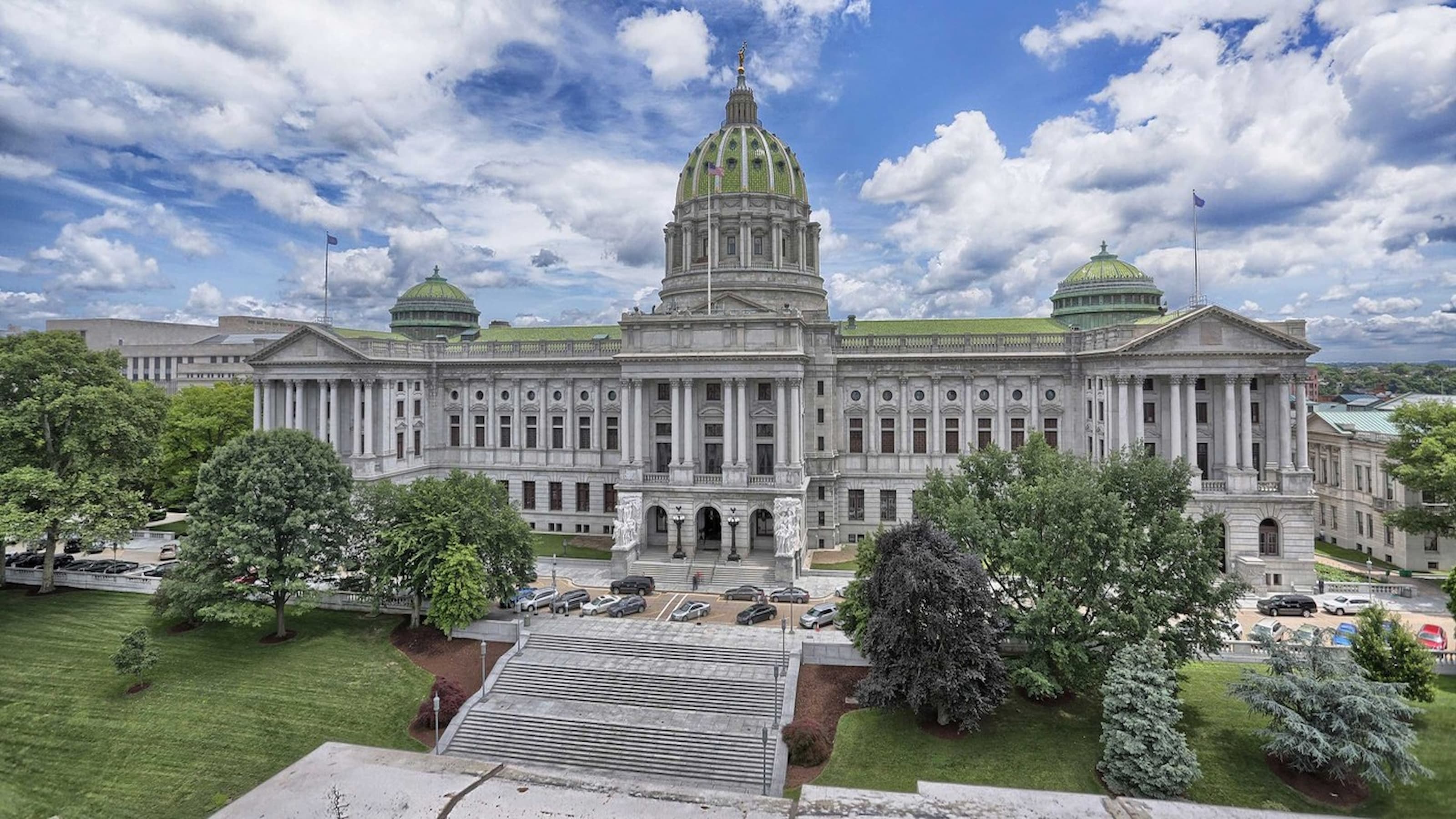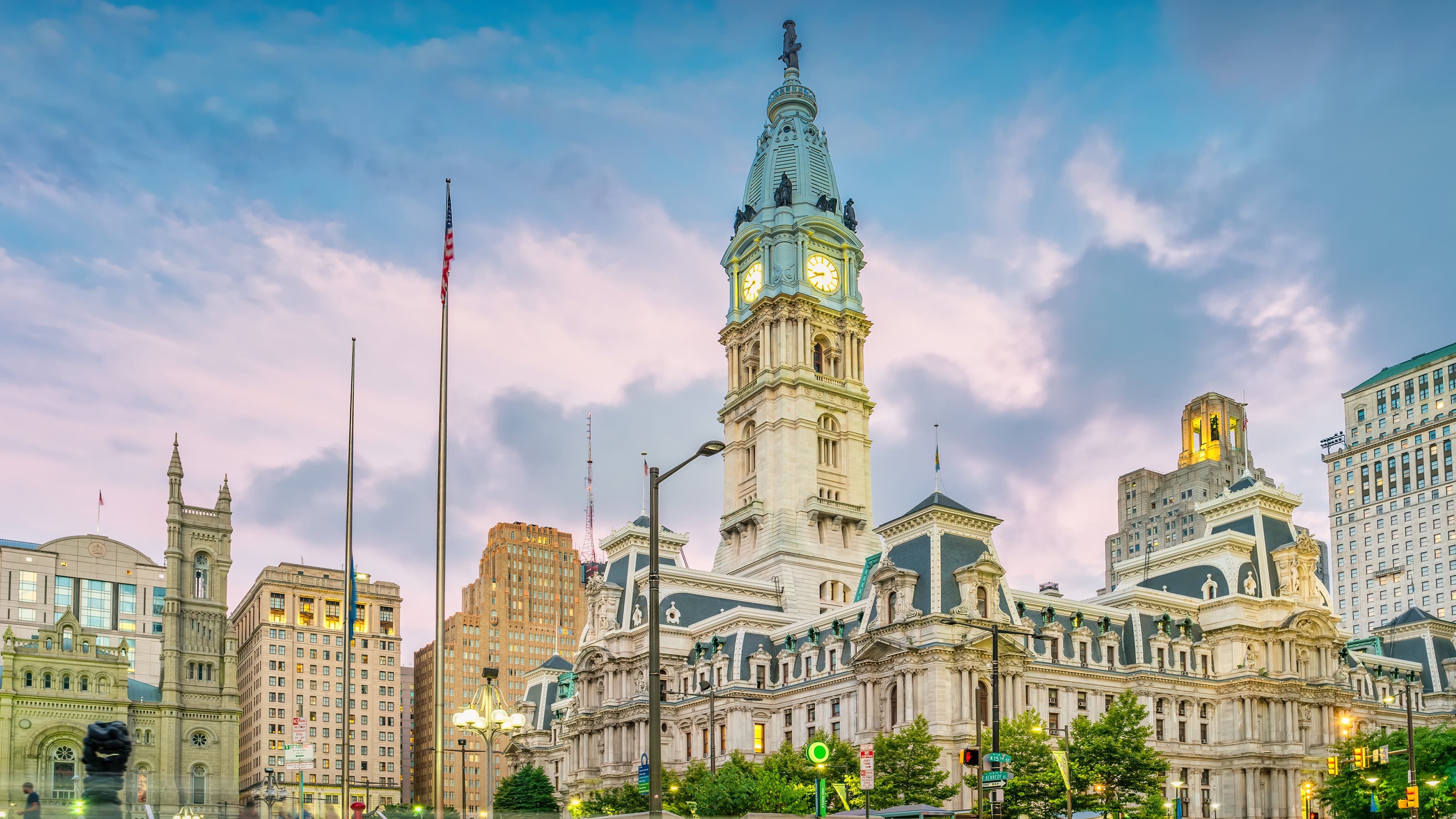Generation Z is Mobilized to Vote. Will They Have an Impact on the 2020 Election?
Generation Z will be voting in a presidential election for the first time and are motivated to participate but access to voting can be a hurdle.

KEYS TO THE ARTICLE
- Generation Z will be voting in a presidential election for the first time in their lives and have an opportunity to impact the election.
- Gen Zers are motivated to participate in the political process but face unique challenges.
- While voter registration is high, access to voting remains a primary hurdle.
The November 3, 2020 presidential election will see the turnout of a new generation of Americans at the polls: Generation Z.
This is a generation of young people unlike any previous generation. “The main thing to keep in mind,” says Laura Bucci, Ph.D., assistant professor of political science, “is that Gen Z is political, but they’re also in a moment when so much is expected of them.”
Being at college brings first experiences and new ideas. Adds Bucci, “It’s a time when you’re (re)assessing who you are, politically.” And it’s the first time many young people will vote.
Gen Zers share common traits: They are politically liberal, more racially and ethnically diverse than previous generations, and active online. Born after 1996, most Gen Zers are not yet old enough to vote, but the number who can vote is roughly 24 million, according to a Politico/Morning Consult survey. By the numbers, this represents around 10% of the electorate, but only 4% of likely voters. (By comparison, baby boomers will likely make up 40%.)
Motivated and Mobilized
“Gen Z is participating at higher rates than any other group that’s come before them,” says Bucci. “They’re incredibly participatory. Part of the reason for this is they have grown up with big changes in their lives. These issues are affecting them directly.”
Issues such as school shootings, protest movements and economic uncertainty. “They care early on about politics,” says Bucci. “They have internalized the message that you have to engage and do something.” For many, the 2020 election is the first time they can.
Gen Zers have demonstrated an interest in the outcome of this year’s election. Record numbers of young people turned out on National Voter Registration Day, in part a response to focused messages from Rock the Vote, NextGen America and several social media platforms, including Snapchat and Facebook. Ninety-four percent of college students intend to vote, according to a Barnes & Noble College Insights report that looked at student voting intentions in 2019 and 2020.
Access and Barriers to Voting
In a year of firsts, when the coronavirus pandemic has shaped the presidential election, Gen Zers are “thinking about themselves as political beings for the first time in their lives,” says Bucci.
“For Gen Z, there are a lot of intro hurdles,” Bucci adds. “There are barriers to entry here, in simply knowing how to do tasks. If this is the first time you’re voting, it’s not an easy transition.” Learning how to register to vote for the first time, for example. Or not having a driver’s license, which makes it harder to register to vote, especially in Pennsylvania. Many students don’t have a car on campus or flexible schedules that allow them to miss a class or take time off from a job.
Many first-time voters are concerned about intimidation at the polls, or “walking into a polling place and not knowing what to expect,” says Bucci. “You worry you’re going to mess it up and everyone’s going to laugh at you.”
“We have all of these roadblocks that assume you understand the process and have the time to engage with it,” adds Bucci. “And if you don’t, someone has to teach you. Otherwise, you’re on your own.”
Bucci offers a word of advice: You don’t have to know all the answers. “The assumption that young people shouldn’t vote until they’ve thought about it is not consistent with the way we understand any voters to behave; most voters are not informed on all the issues.”
“Voting seems really hard if you’ve never filled out a ballot before,” Bucci adds. “If you’re just at the beginning of that, you don’t know, you haven’t started yet. But voting is built over time. It’s habitual, a trajectory.”


